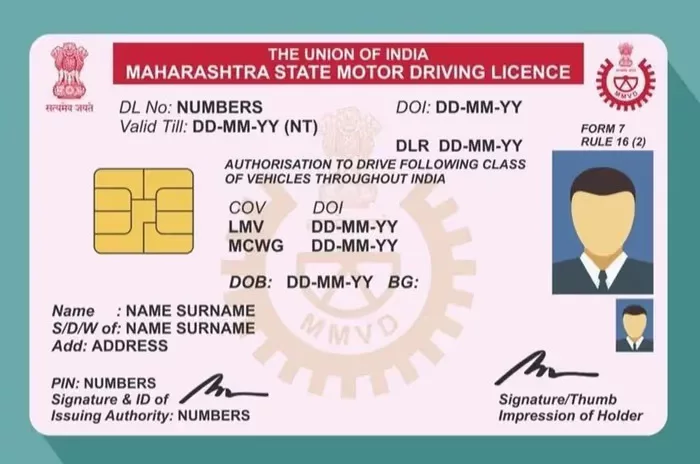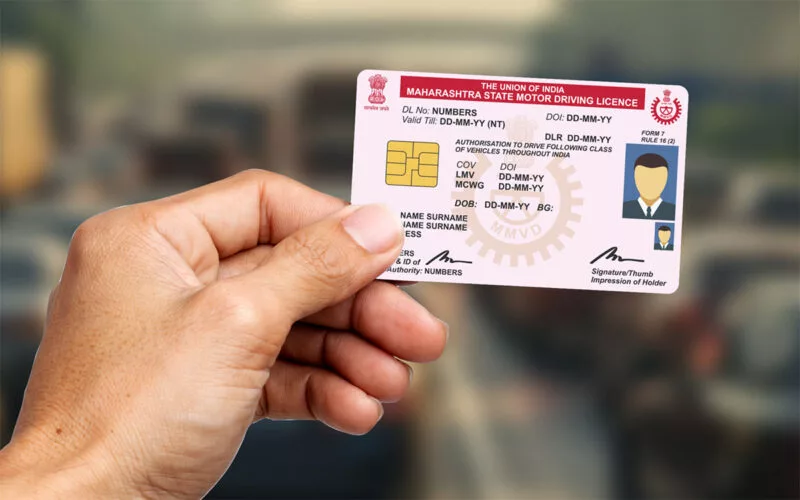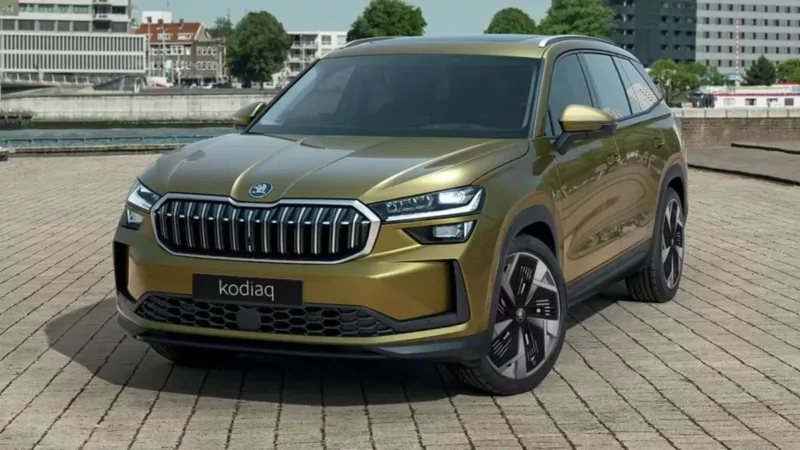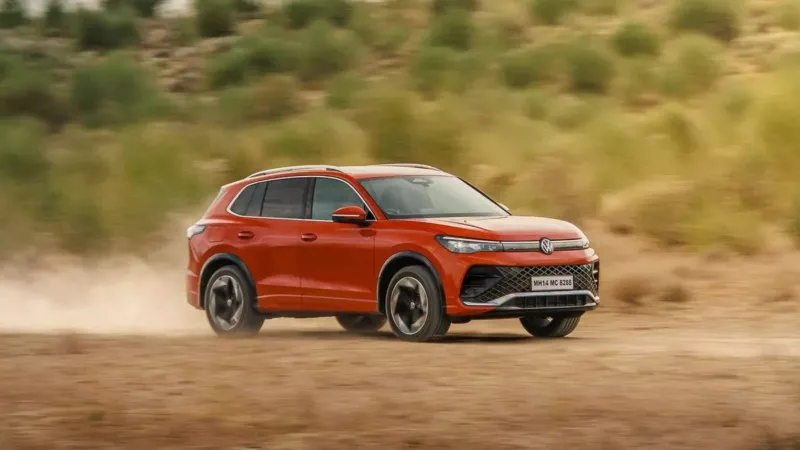Barely 10 years ago, 58% of passenger cars sold in India were diesel; in 2022, that figure was just 18%. Clearly, Indian car buyers are moving away from diesel power. One reason for that decline is the narrowing price difference between the two fuels – from Rs 20-25 in 2013 to roughly Rs 7-10 per litre today. Another reason is the decision of some car manufacturers such as Maruti Suzuki to drop diesel engines altogether when the BS6 era began.
But even accounting for those factors, the popularity of diesel cars has been waning. Why is this so? Should you consider a diesel car today? What advantages does each fuel offer? We get to the bottom of these and other questions by comparing three popular diesel cars in India with their petrol counterparts over various parameters.
Also Read – BS6 Cars
Petrol & Diesel Cars on Spinny
Why do diesel cars cost more than petrol cars?
The combustion process in a diesel engine uses a high compression ratio, which calls for the use of heavier materials for the engine’s construction to withstand greater wear and tear. Petrol engines, on the other hand, use lower compression ratios, allowing the use of lighter materials in their construction. This is the main reason why diesel cars cost more than petrol cars.
Now, adding to this price difference are India’s stringent emission norms, which are harder for diesel engines to meet compared to petrol ones. In fact, the BS6 regulations adopted in 2020 were so strict that many brands quit diesel engines altogether as the cost of upgrading such engines would’ve further increased the already wide price gap between petrol and diesel cars.
With phase 2 of BS6 to be adopted from April 2023, more diesel cars/engines will be discontinued as upgrading them to meet the new norms would increase their prices by Rs 20,000-50,000, which would further dent the already low sales of diesel variants of certain models.
Given these facts, does it make sense to buy a diesel car over a petrol car in 2023? Let’s consider the numbers for cars from three of India’s most popular segments, viz. premium hatchback (Tata Altroz), compact SUV (Tata Nexon), and mid-size SUV (Hyundai Creta).
Also Read – Compact SUVs
Petrol Cars vs Diesel Cars: Cost of Purchase
Car | Average price difference between equivalent petrol and diesel variants (ex-showroom) |
Tata Altroz | Rs 1,31,250 |
Tata Nexon | Rs 1,35,000 |
Hyundai Creta | Rs 1,36,128 |
With the discontinuation of the Hyundai i20 diesel, the Tata Altroz is the only one in its segment to offer a diesel option. In fact, it’s also the most affordable new passenger diesel car that you can currently buy in India. When considering equivalent variants, the price difference between the petrol and diesel Tata Altroz ranges from Rs 1.3 – 1.35 lakh, working out to an average of Rs 1,31,250.
Next up, we consider the best-selling compact SUV (overall as well as in diesel) in India, the Tata Nexon, where the average price difference between petrol and diesel variants is Rs 1,35,000. Lastly, we have the best-selling midsize SUV in India (again, overall as well as in diesel), the Hyundai Creta, with an average price difference of Rs 1,36,128 between its petrol and diesel variants.
Petrol Cars vs Diesel Cars: Fuel Efficiency & Cost
Despite technological advancements, a petrol car still can’t match up to a diesel car’s fuel efficiency. This is evident in all three cars here, as the table below shows.
Tata Altroz | Tata Nexon | Hyundai Creta | |
Petrol Mileage | 18.5 kmpl | 17.5 kmpl | 16.9 kmpl |
Diesel Mileage | 23 kmpl | 21.1 kmpl | 21.4 kmpl |
Difference | 5.5 kmpl | 3.6 kmpl | 4.5 kmpl |
Please note that these ARAI mileage figures are for the cars’ manual transmission models only. However, the difference between the petrol and diesel variants is similar for automatic transmission models too. Also, as BS6 phase 2 engines will be more efficient, you can expect the above figures to change for the better. But again, this change will likely be minor and more importantly, the mileage difference between petrol and diesel variants would be similar to the current one.
Based on these fuel efficiency figures, here’s a calculation of the total fuel cost over 5 years, for petrol and diesel variants of all three cars.
Also Read – Manual vs Automatic Transmission
Car | Tata Altroz | Tata Nexon | Hyundai Creta | |||
Fuel Type | Petrol | Diesel | Petrol | Diesel | Petrol | Diesel |
1 Year Mileage | 12000km | |||||
Fuel Efficiency | 18.5 kmpl | 23 kmpl | 17.5 kmpl | 21.1 kmpl | 16.9 kmpl | 21.4 kmpl |
1 Year Fuel Cost | Rs 62,919 | Rs 46,957 | Rs 66,515 | Rs 51,185 | Rs 68,876 | Rs 50,467 |
5 Year Fuel Cost | Rs 3,14,595 | Rs 2,34,785 | Rs 3,32,575 | Rs 2,55,925 | Rs 3,44,380 | Rs 2,52,335 |
(Petrol - Rs 97/litre, Diesel - Rs 90/litre, New Delhi) | ||||||
Petrol Cars vs Diesel Cars: Maintenance Cost
However, fuel cost is only one part of the total running cost with maintenance being the other. Diesel engines come with a higher maintenance cost than their petrol counterparts because of two reasons. Firstly, the greater mechanical stress in a diesel engine results in higher wear and tear than in petrol engines. Secondly, as diesel engine components are built heavier to withstand this stress, they’re more expensive to replace than petrol engine components.
While the exact maintenance cost for petrol and diesel engines varies from car to car and your driving habits and conditions, here’s an estimate for each car we’ve considered.
Tata Altroz | Tata Nexon | Hyundai Creta | ||||
Petrol | Diesel | Petrol | Diesel | Petrol | Diesel | |
1st Year Service | Rs 3,099 | Rs 3,839 | Rs 3,350 | Rs 4,150 | Rs 2,219 | Rs 2,531 |
2nd Year Service | Rs 5,273 | Rs 6,568 | Rs 5,700 | Rs 7,100 | Rs 2,668 | Rs 4,215 |
3rd Year Service | Rs 5,226 | Rs 8,094 | Rs 5,650 | Rs 8,750 | Rs 5,282 | Rs 5,287 |
4th Year Service | Rs 5,273 | Rs 6,660 | Rs 5,700 | Rs 7,200 | Rs 5,199 | Rs 6,746 |
5th Year Service | Rs 4,949 | Rs 5,319 | Rs 5,350 | Rs 5,750 | Rs 5,360 | Rs 5,749 |
5 Year Maintenance Cost | Rs 23,820 | Rs 30,480 | Rs 25,750 | Rs 32,950 | Rs 20,728 | Rs 24,348 |
These are approximate figures estimated as per each car’s official service and consumables replacement schedule. Your actual service cost may vary depending upon the real-world mileage you clock and the parts change required as a result, for e.g. early engine oil, air filter, fuel filter, or brake pad replacement.
Petrol Cars vs Diesel Cars: Cost of Running
Now that we have an estimate of both fuel and maintenance costs, we can look at the actual cost of ownership comparison between petrol and diesel cars for these three models, over a 5-year period.
Tata Altroz | Tata Nexon | Hyundai Creta | ||||
Petrol | Diesel | Petrol | Diesel | Petrol | Diesel | |
5 Year Fuel Cost | Rs 3,14,595 | Rs 2,34,785 | Rs 3,32,575 | Rs 2,55,925 | Rs 3,44,380 | Rs 2,52,335 |
5 Year Maintenance Cost | Rs 23,820 | Rs 30,480 | Rs 25,750 | Rs 32,950 | Rs 20,728 | Rs 24,348 |
5 Year Cost of Running | Rs 3,38,415 | Rs 2,65,265 | Rs 3,58,325 | Rs 2,88,875 | Rs 3,65,108 | Rs 2,76,683 |
In 1 year, a diesel Altroz will save you Rs 14,630 in running costs over the petrol Altroz. However, given the average price difference of Rs 1,31,250 between the two variants, you’ll need to own the diesel Altroz for 9 years to recoup the additional amount you pay.
Next up, the diesel Nexon will save you Rs 13,890 in running costs over the petrol Nexon, in 1 year. But with the average price difference between the two variants at Rs 1,35,000, you’ll need to own the diesel Nexon for 10 years to recover the premium you pay for it over the petrol Nexon.
Lastly, the diesel Creta will save you Rs 17,685 in running costs over the petrol Creta, in 1 year. Considering the average price difference of Rs 1,36,128 between the two variants, you’ll need to own the diesel Creta for 8 years to nullify this difference.
To put things into perspective, these calculations are based on ex-showroom prices only and as such, don’t include your state’s local taxes and insurance premiums. Once you include these numbers, the difference in running costs will go down further as both the tax and the insurance premiums are higher for diesel cars compared to petrol ones.
In other words, this means you should inflate the ownership periods given above by 2-3 years to get an accurate picture of how long you’ll need to own a diesel car over a petrol one to justify the former’s additional premium.
Petrol Cars vs Diesel Cars: Variable Cost of Ownership
Now that you understand how total cost of ownership is calculated, a comparison of different use cases should be considered when comparing petrol and diesel cars. These use cases are based on the “recommended fuel type” based on the amount of driving you do annually. Our calculations assumed an average monthly driving of 1000 km, which translated to an average 12,000 km driven annually. For the next comparison, we will consider only the Tata Nexon with an average monthly driving of 500 km and 2000 km, which is 6000 km and 24,000 km annual drives, respectfully.
From the charts above, it is quite clear which fuel type is the better option for the specific type of running. Here’s a quick takeaway of all three charts:
- For short distance commutes that are less than 1000 km per month, a petrol car will always be cheaper to run, even after 15 years.
- For a mix of short and long distance drives that result in around 1000 km per month, 10 years is the average time around which a diesel car will become cheaper to run than a petrol car. There is a marginal difference after 10 years and a sizeable difference after 15 years between petrol and diesel, making it a more nuanced choice between the two.
- For mostly long distance commutes that are at least 2000 km per month, a diesel car should be the preferred option as it has much lower running costs. For the best returns, you should ideally drive the diesel car for 15 years
Should You Buy a Diesel Car?
Buying a diesel car makes sense if your yearly mileage is over 15,000km and you plan to own the car for at least 10 years. The additional premium you pay for diesel cars gets you two unique advantages i) higher fuel efficiency and ii) a torquey power delivery that makes driving an equally relaxed affair on highways and city roads.
But if you live in NCR, owning a new diesel car beyond 10 years is prohibited by law. This means you’ll have to sell your diesel car just when you start reaping the economic benefits of owning it, as our analysis above shows. But if you live in any other place, the law still allows you to own a new diesel car for 15 years and extend the registration in 5-year intervals beyond that, making a used or new diesel car a viable option.
However, a petrol car makes more sense if your yearly mileage is under 15,000km and also if you plan to upgrade within 10 years. The latter is certainly a trend the Indian car market is witnessing as the average car ownership period in India is now 5 years and falling. In such cases, a petrol car’s lower sticker price would result in better overall savings compared to a diesel car.
That said, with stricter emission norms on the anvil and a progressively narrowing difference between petrol and diesel prices, more diesel cars will fall by the wayside as India moves towards greater car adoption. Unless you clock some serious miles every year, can keep your car for over a decade, or prefer a diesel engine’s torquey power delivery, a petrol car is the better option, a wisdom the Indian car buyer has acquired by experience over the last decade.
FAQs about Petrol vs Diesel Car
Q. Which is more efficient petrol or diesel engine?
A. A diesel engine is more efficient as it provides more mileage compared to petrol engines.
Q. Should I buy a diesel car for city driving?
A. For low mileage driving in the city, a diesel car is not recommended. Diesel cars only offer great value if your driving features regular highway driving or more than 15,000 km per month.
Q. What is the advantage of a petrol car?
A. A petrol car is usually much cheaper than the equivalent diesel model. Petrol cars are also more suited for regular city driving with less than 10,000 km driven in a year.
Q. Will diesel cars be banned in India?
A. At the moment, new diesel cars are not banned from sale in India, especially after the introduction of cleaner BS6 diesel engines. However, it is important to note that diesel cars will only be able to run within Delhi for a maximum of 10 years. After 10 years, the car will need to be registered in another state.
Q. How do I choose between petrol and diesel cars?
A. This depends entirely on your usage. If you regularly drive long distances, then a diesel car will fit your lifestyle and provide savings in fuel. However, if your driving is mostly in the city, then a petrol car will provide more value to you.
Technical Editor: Manharjot Singh Guglani
Copy Editor: Althea Adeline Brett





 ne big family!
ne big family!